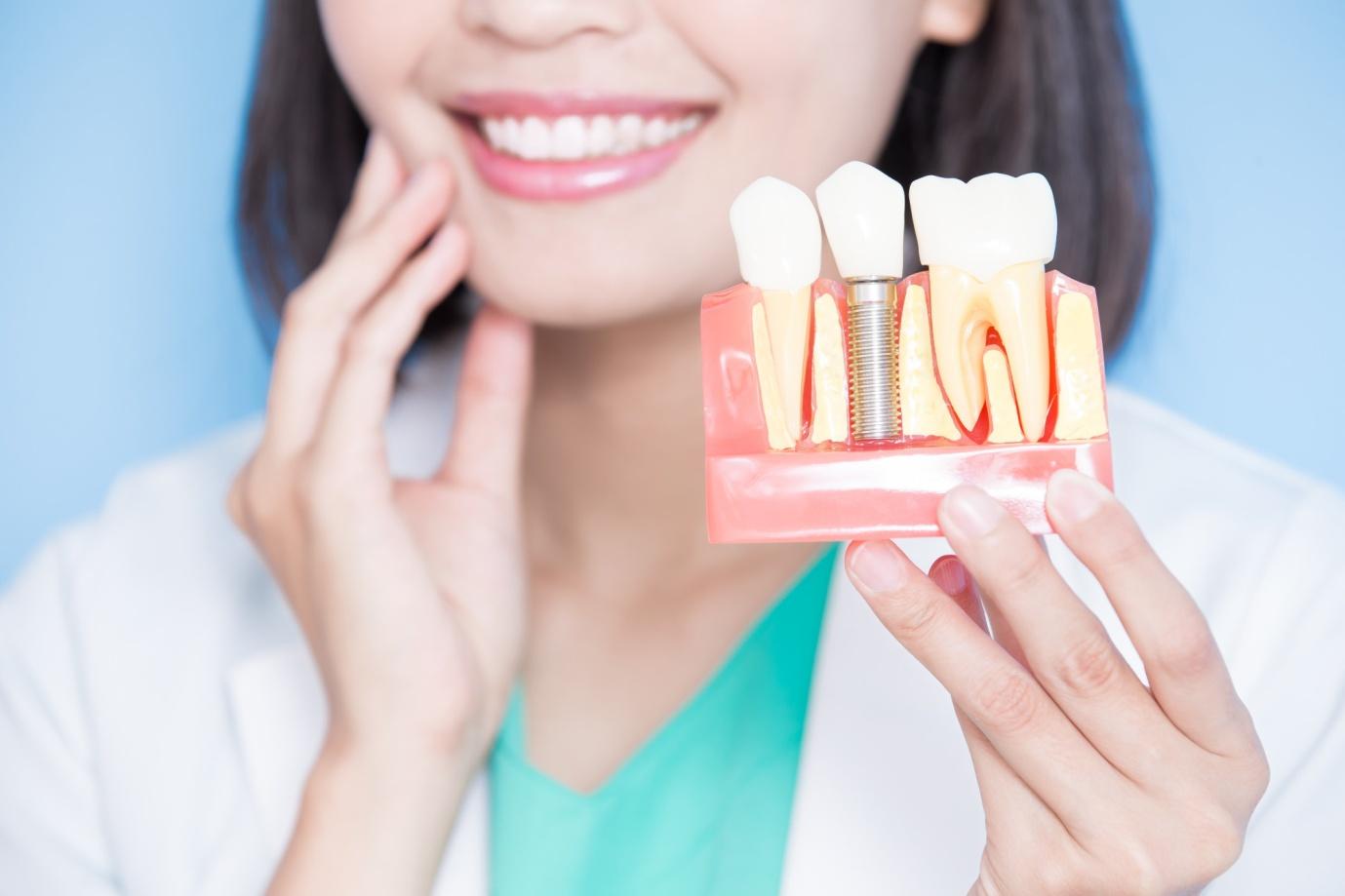Many people share the goal of maintaining a healthy, beautiful smile. A radiant set of teeth enhances our appearance and boosts our self-confidence and overall well-being. This article will explore expert tips and strategies for achieving optimal dental health, covering everything from daily oral hygiene practices to advanced dental procedures.
The Foundation of Dental Health
Daily Oral Hygiene Habits
The cornerstone of good dental health lies in consistent daily habits. Here are some essential practices to incorporate into your routine:
- Brush twice daily: Use a soft-bristled toothbrush and fluoride toothpaste to clean your teeth thoroughly for at least two minutes each time.
- Floss regularly: Clean between your teeth daily to remove plaque and food particles that your toothbrush can’t reach.
- Rinse with mouthwash: Use an antimicrobial to help reduce plaque and freshen your breath.
- Replace your toothbrush: Change your toothbrush or electric toothbrush head every 3-4 months, or sooner if the bristles become frayed.
Nutrition for Healthy Teeth
What you eat plays a significant role in your dental health. Consider incorporating these tooth-friendly foods into your diet:
- Calcium-rich foods: Dairy products, leafy greens, and almonds help strengthen tooth enamel.
- Crunchy fruits and vegetables: Apples, carrots, and celery stimulate saliva production and act as natural tooth cleaners.
- Sugar-free gum: Chewing sugar-free gum after meals can increase saliva flow and neutralize acids in the mouth.
Conversely, limit your sugary and acidic foods and beverages, as these can contribute to tooth decay and erosion.
Professional Dental Care
Regular Dental Check-ups
Visiting your dentist regularly is crucial for maintaining optimal oral health. During these appointments, your dentist will:
- Perform a thorough cleaning to remove plaque and tartar buildup
- Check for signs of tooth decay, gum disease, and other oral health issues
- Conduct oral cancer screenings
- Provide personalized advice on improving your oral hygiene routine
Most dentists recommend scheduling check-ups every six months, but some individuals may need more frequent visits based on their oral health needs.
Advanced Dental Procedures
For those seeking to enhance their smile or address specific dental issues, various advanced procedures are available:
- Teeth Whitening: Professional whitening treatments can effectively remove stains and brighten your smile.
- Dental Veneers: These thin, custom-made shells can improve the appearance of teeth with chips, cracks, or discoloration.
- Orthodontic Treatment: Options like braces or clear aligners can correct misaligned teeth and improve bite issues.
- Dental implants St George Utah: This permanent solution for missing teeth can restore both function and aesthetics to your smile.
- Gum Contouring: This procedure can reshape the gum line to create a more balanced and attractive smile.
Addressing Common Dental Concerns
Tooth Sensitivity
Many people experience discomfort when consuming hot, cold, or sweet foods and drinks. To manage tooth sensitivity:
- Use a toothpaste designed for sensitive teeth
- Avoid acidic foods and beverages
- Consider using a soft-bristled toothbrush
- Consult your dentist to rule out underlying issues like cavities or gum disease
Bad Breath
Persistent bad breath can be embarrassing and may indicate an underlying oral health issue. To combat bad breath:
- Practice good oral hygiene
- Stay hydrated
- Clean your tongue regularly
- Avoid tobacco products
- Visit your dentist to identify and treat any underlying causes
Gum Disease
Gum disease is a common but serious condition that can lead to tooth loss if left untreated. Early signs include:
- Red, swollen, or tender gums
- Bleeding when brushing or flossing
- Receding gums
- Persistent bad breath
If you notice any of these symptoms, schedule an appointment with your dentist promptly.
Dental Health Throughout Life
Children’s Dental Care
Establishing good oral hygiene habits early in life is crucial. Here are some tips for maintaining children’s dental health:
- Start cleaning your baby’s gums before teeth emerge
- Introduce a toothbrush as soon as the first tooth appears
- Limit sugary snacks and drinks
- Schedule regular dental check-ups starting from age one
Dental Care for Seniors
As we age, our dental health needs may change. Seniors should:
- Continue regular dental check-ups
- Be aware of dry mouth symptoms, which can increase the risk of tooth decay
- Clean dentures daily if worn
- Stay vigilant about gum health, as gum disease risk increases with age
Tips for a Brighter Smile
To maintain a beautiful, healthy smile:
- Avoid tobacco products
- Limit staining beverages like coffee, tea, and red wine
- Rinse your mouth with water after consuming acidic foods or drinks
- Consider using an electric toothbrush for more effective cleaning
- Don’t use your teeth as tools to open packages or bottles
Embracing Dental Technology
Modern dentistry has embraced various technological advancements to improve patient care and outcomes:
- Digital X-rays: These provide clearer images with less radiation exposure
- Intraoral cameras: Allow dentists to show patients detailed views of their teeth and gums
- 3D printing: Used to create custom dental appliances and restorations
- Laser dentistry: Offers more precise and less invasive treatments for various dental procedures
Overcoming Dental Anxiety
For many, fear of the dentist can be a significant barrier to good oral health. Here are some strategies to manage dental anxiety:
- Communicate openly with your dentist about your fears
- Consider sedation dentistry options for more comfortable treatments
- Practice relaxation techniques like deep breathing or meditation
- Bring a friend or family member for support during appointments
Wrapping Up Your Dental Health Journey
Achieving and maintaining optimal dental health is an ongoing process that requires consistent effort and attention. By following the tips and strategies outlined in this article, you can take significant steps toward a healthier, more confident smile. Remember, dental health is integral to your overall well-being, so prioritize it accordingly. If you have any concerns or questions about your oral health, don’t hesitate to consult with a dental professional who can provide personalized advice and care.

